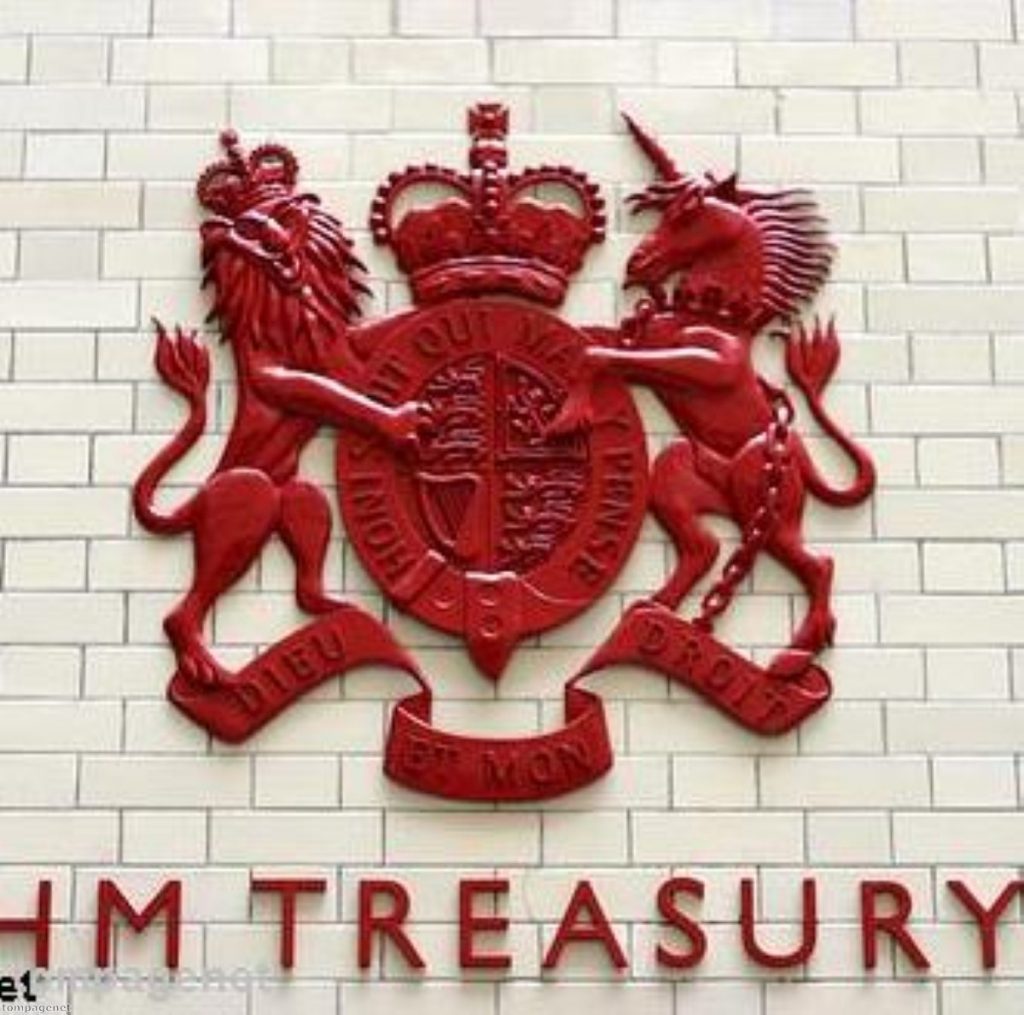Treasury ‘doesn’t know’ why state-owned banks refuse to lend
By Ian Dunt
The Treasury does not know why state-owned banks are still not lending out money to small businesses and has few resources it can use to force them to do so, a damning new parliamentary report found today.
Lending to business is still falling short of legally-binding commitments entered into by the two banks which received most support during the financial crisis, the Royal Bank of Scotland (RBS) and Lloyds.
“The poor performance of the bailed out banks, most notably RBS and the Lloyd’s Banking Group, in meeting commitments to lend to struggling businesses has occasioned widespread dismay,” said Edward Leigh, chairman of the committee of public accounts, which published its new report into the financial crisis today.
“The Treasury does not seem to know why the banks are not lending and has few sanctions available to make them change their minds.”
The report said the Treasury was so “seriously stretched” when trying to respond to the financial crisis in autumn 2008 it had to rely on external advisers.
“The terms it agreed with its investment bank advisers included the use of retainers for long periods; and allowed for the potential payment of success fees in situations where no success criteria were specified, a practice wholly inappropriate in the public sector,” the report reads.
Mr Leigh reserved particular criticism for the way chancellor Alistair Darling failed go through the proper channels when granting a secret indemnity to the Bank of England against potential losses in its provision of emergency support to RBS and HBOS.
The indemnity should have been mentioned to the committee chairman, according to a “long-established parliamentary procedure”, the report found.
“As a constitutional safeguard, departments are required to notify parliament of contingent liabilities and, where confidentiality is necessary, have been able to do so by informing the chairs of the committee of public accounts and the relevant departmental select committee,” he report reads.
“This convention was flouted in this instance.”
Mr Leigh added: “To those of us who attach the highest importance to adhering to parliamentary procedure, it was of significant constitutional importance that the chancellor failed for 13 months to notify parliament of an £18 billion indemnity his department had granted to the Bank of England.”
There were also concerns about exactly how much the government’s response to the financial crisis would cost.
“The Treasury will have to get its timing right” when sales are launched, MPs advised.





-01.png)